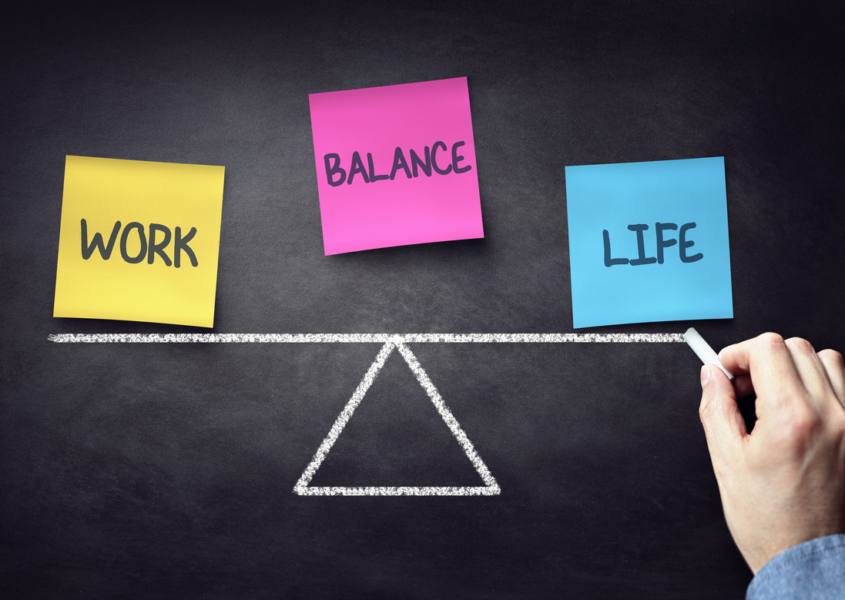Worker Wellness Weekly – October 3
Each week Dr. John Gaal provides us with a Workers’ Wellness Update. This update provides workers, community partners, and more with important articles that he has curated. Below are links to the articles. We hope you enjoy one, a couple, or all of the articles.
About our Worker Wellness Program (WWP):
For many decades, organized labor has played a key role in establishing minimum safety standards in the US workplace. These efforts have mainly focused on the physical aspects of safety (i.e., falls, chemical exposure, noise reduction, etc.). More recently, public health professionals have identified that in order to better protect workers, the workforce eco-system must address the whole person. To this end, a major goal of establishing a WWP is to ensure that all workers have access to timely information regarding their mental aspects of safety on the job and in the community. In so doing, we will offer programming and advice on issues related to work-life balance, wellness, and well-being.
As the WWP develops, we will seek partnerships with local community agencies so that programming can be tailored to local needs. It is our intention to have a presence in towns across the state as a means to deliver training and/or perform research that informs our future activities for the benefit of all workers.
Wellness & Well-being Highlights
for the
Week of October 3, 2021
How are unions addressing the worker shortage issue?
How anxiety and depression impact your body
Teens & keeping them safe @ work
Why college athletes have easier access to MH
Phoenix sees spike in children’s MH issues
Stopping the flow of FB misinformation
Parents / Teen girls / Instagram
Teen girls / Technology / Instagram
Brain stimulation & Depression (1)
Brain stimulation & Depression (2)
How depression & anxiety impact your body
How to help survivors of violence
Getting help after a suicide attempt
UK’s concerns that MH is being UBERIZED
NOTE: The links provided above are for informational purposes only. None of these serve as a substitute for medical advice one should obtain from his/her own primary care physician and/or mental health professional.




Leave a Reply
Want to join the discussion?Feel free to contribute!